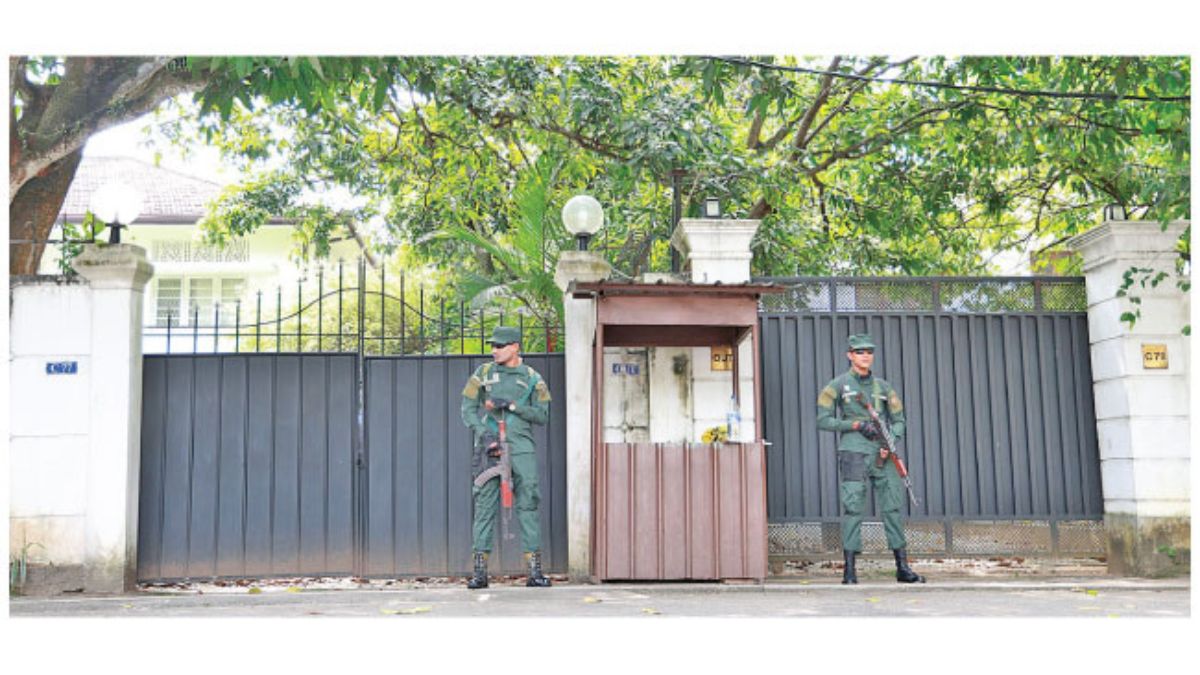The Supreme Court has recently delivered its judgment in favor of Sheela Wijewardene, the wife of the late veteran musician Clarence Wijewardene, against Sarath Kothalawala of Torana Music.
The appeal stems from an action filed in the Commercial High Court by Mrs. Wijewardene (Appellant) in alleging that copyright in the lyrics and musical compositions of several songs authored by the veteran musician, late Clarance Wijewardene, has been infringed by the Sarath Kothalawala and Rajiv Sebastian (Respondents) by performing the said songs and producing compact discs incorporating the said songs.
The Appellant had sought an injunction, damages, and the delivering up of infringing materials against the Respondents in the said action filed in the Commercial High Court. During the pendency of the action in the Commercial High Court, the 2nd Respondent- Rajiv Sebastian had entered into a settlement with the appellant admitting the intellectual property rights of the late Clarance Wijewardene and agreeing to pay Rs. 2,000,000.00 as damages. At the conclusion of the trial, the Commercial High Court granted the Permanent Injunction in favour of Mrs. Clarence Wijewardene against the first Respondent Sarath Kothalawala among other reliefs sought.
An appeal was preferred to the Supreme Court in the year 2013 by Mrs. Clarence Wijewardene seeking the other reliefs. The Supreme Court has upheld the Commercial High Court’s decision of granting the Permanent Injunction against the first Respondent which is in essence;
A permanent injunction restraining the 1st defendant from directly or indirectly reproducing, carrying out any public performance or communicating to the public in any other manner songs in which the economic and moral rights in respect of the lyrics and music compositions belong to the estate of the late Mr. Clarence Wijewardena.
The court further issued a permanent injunction restraining the 1st defendant from advertising, promoting, offering for sale and the sale of Audio Compact Discs and the Audio Visual Work titled ‘Viduru Mal’, ‘Sing along with Rajiv Sebastian’, ‘Reka Heenen Piyamba’ and ‘torana Sinhala Karaoke Vol.2’; and distorting the original music compositions of those songs created by the late Mr. Clarence Wijewardena.
The Supreme Court has not granted compensation or damages against the 1st Respondent, citing agreements between the Respondents where the 2nd Defendant-Respondent had misrepresented ownership of the works and the settlement entered into between the 2nd Respondent and the Appellant. However, the Supreme Court has found that the Commercial High Court had erred in not granting the Plaintiff’s prayer for the delivering up of infringing material in the possession of the 1st Respondent and amended the Judgment of the Commercial High Court accordingly. Thus, the 1st Respondent has been ordered by the Supreme Court to deliver up to the Petitioner all the infringing material in the possession of the 1st Respondent including all copies of the Audio Compact Discs and the Audio Visual Work ‘Sing along with Rajiv Sebastian’, ‘Viduru Mal’, ‘Reka Heenen Piyamba’ and ‘Torana Sinhala Karaoke Vol 2’. This relief granted by the Supreme Court is in addition to the Permanent Injunction granted by the Commercial High Court by judgement dated 30/07/2012.
The Judgment has been delivered by a bench comprised of Justices E.A.G.R. Amarasekara, A.L. Shiran Gooneratne, and Arjuna Obeyesekere.
Dr. Harsha Cabral, PC, with Kushan Illangatillake, instructed by V.W. Kularatne Associates represented the Appellant whilst Mr. M.S.A. Wadood, with Palitha Subasinghe, Tharanga Edirisinghe, Hashane Mallawarachchi, and Dulmini Liyanage, instructed by S.B. Dissanayake Associates, represented the 1st Respondent.
(dailymirror.lk)
(This story, originally published by dailymirror.lk has not been edited by SLM staff)

